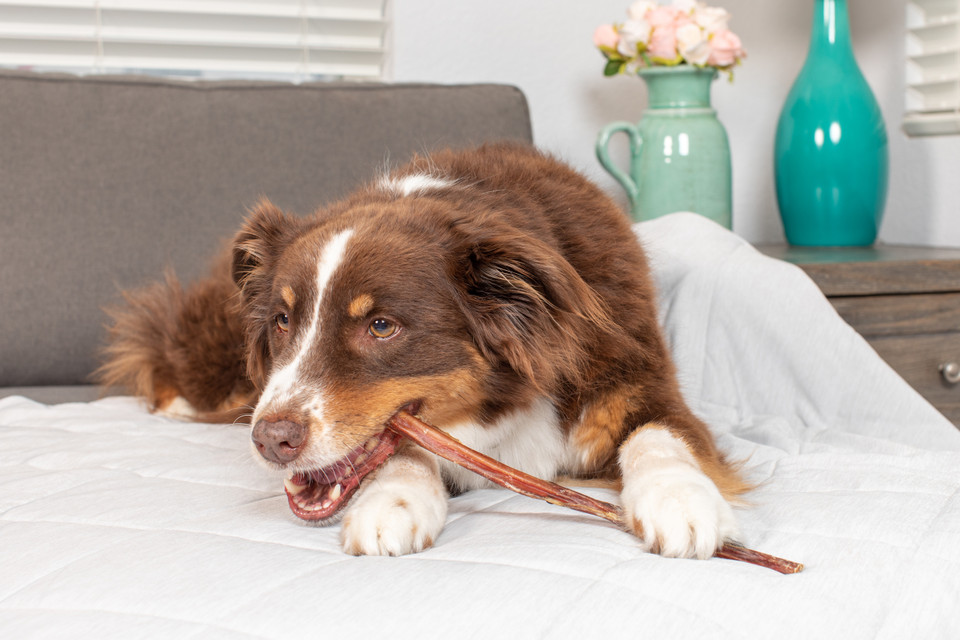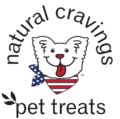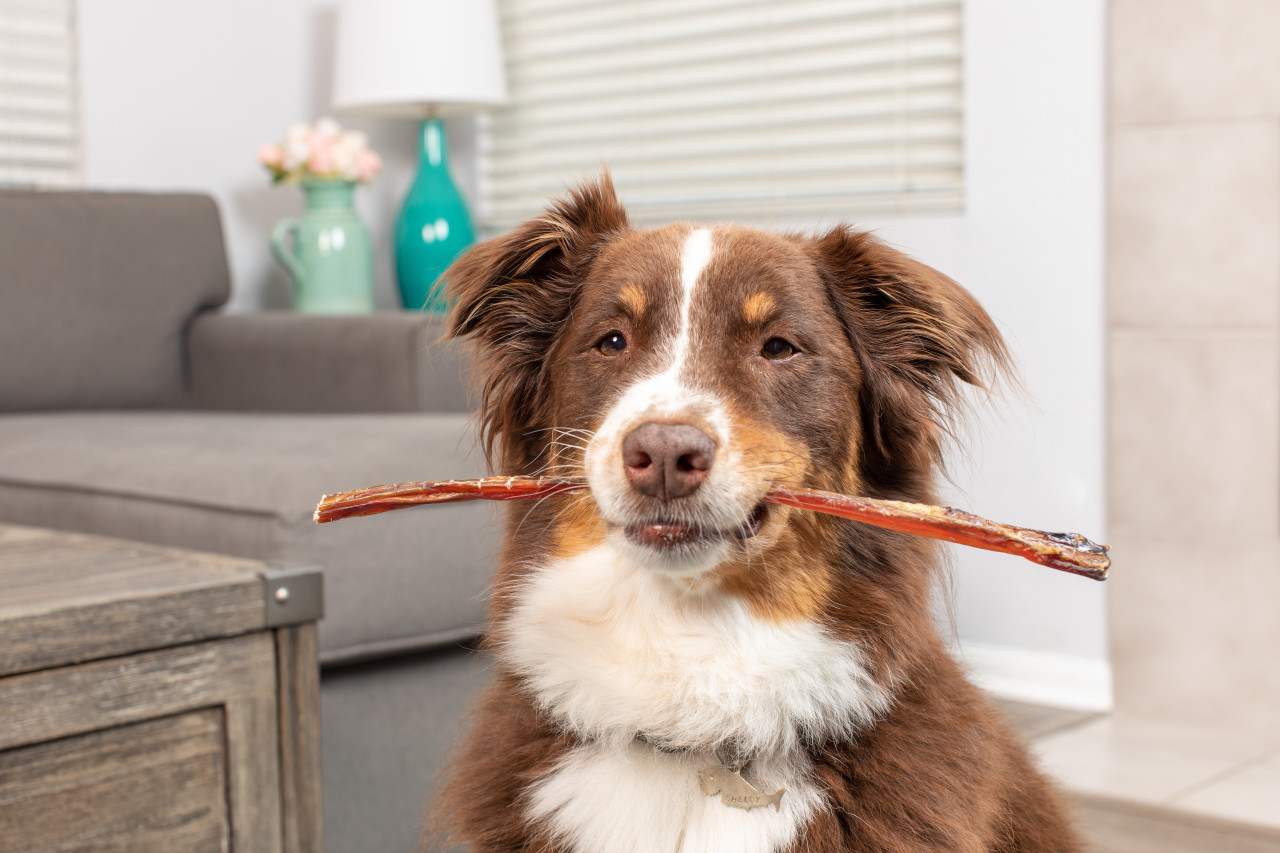There’s a lot of natural chews for dogs on the market. But one particular chew has gained some attention recently. Yak Cheese Chews. These durable cheesy treats have become a staple for many pet owners, especially those with heavy chewers. However, concerns have arisen regarding their toughness. So, are yak cheese chews too hard for dogs? And are the the best chew for your dog? Let’s look closer at their benefits, potential drawbacks, and suitability for different types of dogs.

What Is A Himalayan Cheese Chew?
Yak Cheese Chews, also known as Himalayan Dog Chews or Yak Milk Chews, originate from the Himalayan regions of Nepal and Tibet. Traditionally crafted from a mix of yak milk, cow milk, salt, and lime juice, these chews undergo a unique process of boiling, shaping, and drying to create a dense, long-lasting treat.
Benefits of Yak Cheese Chews
These chews are just cheesy goodness for your pup, offering your dog these chews can come with some benefits.
Durability
One of the best features of Yak Cheese Chews is their exceptional durability. For dogs with powerful jaws or a love for destruction, these chews provide a challenge that can keep them engaged for hours.
Dental Health
The act of chewing on Yak Cheese Chews can promote good dental health. Chewing naturally reduces plaque and tartar buildup. Furthermore, chewing can help alleviate boredom, curb bad behavior, and give your dog naturally fresher breath.
Natural Ingredients
Yak Cheese Chews contain minimal ingredients. Making them a wholesome and natural option compared to many commercial dog chews that may contain additives or preservatives.
Safe And Digestable
Unlike some treats that are gone in minutes, Yak Cheese Chews are designed to be long-lasting, providing prolonged enjoyment for dogs. Furthermore, because they are made from yak milk, they are naturally lactose-free and easy on most dogs’ digestive systems. However, remember everything in moderation.
Allergen Friendly
Dogs with allergies, like chicken or grains, often face limited options for chews and treats. Many commercially available products contain these allergens even if it’s not part of the base recipe. However, Yak Cheese Chews emerge as a beacon of hope for dogs with dietary sensitivities.
Yak Cheese Chews are a great solution for allergy-prone dogs due to their simple and natural composition. These chews typically consist of just a few ingredients, primarily yak milk, cow milk, salt, and lime juice. This minimalist recipe ensures that no hidden allergens are lurking within the chew.
Are Yak Cheese Chews Too Hard for Some Dogs?
While Yak Cheese Chews are a great option for many dogs, there are some things to keep in mind. Particularly for older, senior dogs, and those with dental issues these chews might not be the best choice. The durable chews can pose challenges for dogs with poor dental health or weaker jaws. Additionally, senior dogs may struggle to chew on extremely hard substances, leading to potential discomfort or dental damage. Furthermore, while puppies will lose their baby teeth, hard chews can hurt your teething pup.
Alternative Options
For dogs that find Yak Cheese Chews too tough, there are alternative options available. Bully sticks or collagen chews are great alternatives that are gentler on the teeth and jaws. These chews are safe and digestible while providing a satisfying chewing experience.

How To Keep Your Dog Safe Chewing Yak Chews
Monitoring chew sessions is crucial to ensure the safety and well-being of your furry companion. While Yak Chews are safe, there are some things you should look out for.
Excessive Wear on Teeth
Regularly inspecting your dog’s teeth after chew sessions can help detect any signs of excessive wear or damage. Hard chews like Yak Chews have the potential to wear down teeth over time. Pet owners should look for abnormalities such as fractures, chips, or wearing down of enamel, which may indicate the need for veterinary attention.
Discomfort During Chewing
Dogs don’t always show signs of discomfort. If you notice pawing at the mouth, drooling excessively, vocalizing while chewing, or reluctance to continue chewing you may want to take your pup to the vet. A veterinarian can perform a thorough examination of your dog’s teeth and gums, identify any potential issues early on, and provide recommendations for appropriate dental care, including suitable chew options.
Supervision is Key
You should be sure to keep an eye on your pup during chew sessions. This is especially important for dogs who are new to Yak Cheese Chews or have a history of dental problems.
Rotation of Chew Toys
To prevent overuse of one type of chew and to keep your dog engaged, consider rotating between different types of chew toys and treats. This not only provides variety but also helps distribute the chewing load across different teeth and areas of the mouth, reducing the risk of dental wear and tear.
Conclusion
Yak Cheese Chews undoubtedly stand out as a durable and natural option for dogs, particularly those with robust chewing habits. However, it’s essential for pet owners to assess their dog’s individual needs and consider factors such as age, dental health, and chewing preferences before introducing these chews. While Yak Cheese Chews may not be suitable for every dog, they remain a valuable addition to the array of chew options available, offering a long-lasting and enriching experience for many canine companions.

